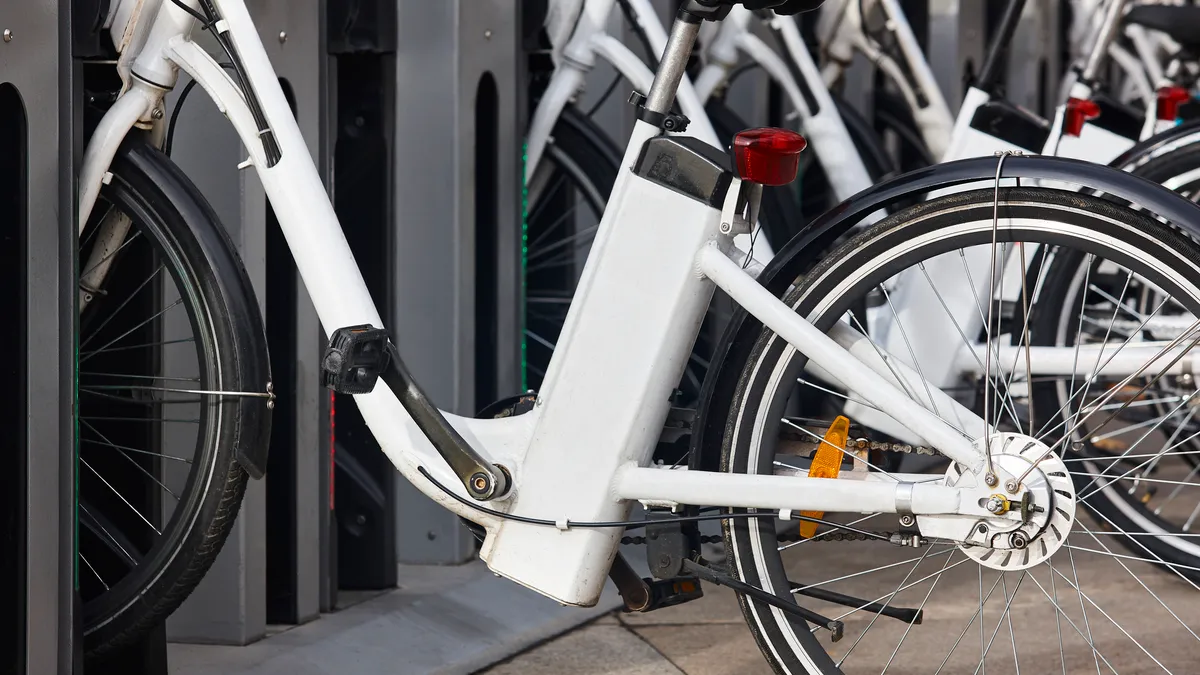The California Air Resources Board is meeting with members of the public to help craft a new incentives program intended to spur more e-bike purchases, part of the state’s efforts to broadly reduce vehicle emissions.
The state legislature earmarked $10 million for CARB to create an Electric Bicycle Incentives Project to help low-income individuals replace car trips with motorized two-wheeled outings. This initiative is under CARB’s Low Carbon Transportation Investments and Air Quality Improvement Program.
The program’s implementation has been slow. While the program officially started last November, CARB is still conducting workshops for public input to sort out operating plans, incentive structures, participant qualifications and which bikes are eligible. The agency plans to hold a public work group meeting on Wednesday.
One CARB official expressed concern over vehicle availability, too. “We understand that there is a manufacturing slowdown because of demand for e-bikes throughout the pandemic. Most manufacturers are trying to catch up,” said CARB Air Pollution Specialist Aria Berliner.
CARB hopes to be able to offer incentives of some type over the?next winter. The project will serve “low-income consumers” throughout the entire state, Berliner said.
“We haven't decided whether there should be an ownership requirement [or to include rentals], how long people should own the bikes or if there should be a usage requirement,” Berliner said. CARB plans to bring these issues up with work groups. The benefits will be distributed on a first-come, first-served basis until funds run out.
The aim is to offer a discount at the point of sale. “We recognize the rebate mode is quite burdensome,” project manager Lisa Macumber said. CARB also has to figure out how to work with bike shops.
CARB plans to evaluate the initiative by tracking miles through data loggers and surveying users “but we want to be respectful of people's privacy,” Macumber said.
The $10 million includes up to $1 million to be used for safety education, the format of which is yet to be determined, Macumber said.
Other communities in the U.S. and Canada have been offering a variety of e-bike incentive programs. Some use sliding scales based on income and vary in how they provide the benefit to consumers, whether through discounts, rebates or tax breaks.
“They are really an equalizer in that they make e-bikes more accessible for people who aren't prepared to spend a few thousand dollars on a new bike,” said Noa Banayan, director of federal affairs for PeopleForBikes, an industry-supported association. “In every case we've seen so far, the success rate seems high.”
Correction: We have updated this story to correct the spelling of Lisa Macumber's last name.











